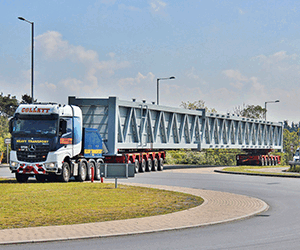Developers in England are now legally required to deliver at least a 10% increase in biodiversity when major building projects are undertaken.
To help Local Planning Authorities integrate Biodiversity Net Gain at a local level, £10.6m of funding is being committed to help local authorities recruit and expand ecologist teams.
Rob Perrins, Chief Executive of Berkeley Group, said: “Biodiversity Net Gain is a positive step for the homebuilding industry and will bring nature back to our towns and cities.
“Putting this into practice on over 50 sites has been a hugely positive experience for Berkeley Group and these greener, wilder landscapes have huge benefits for the communities around them.
“The challenge now is to make sure that developers and planning authorities take a positive and collaborative approach to delivering Biodiversity Net Gain across the country. This is a big change for everyone involved and we need to work together to unlock the full benefits for people, planet, and prosperity.”
Biodiversity Net Gain requires development to avoid harm to nature, but where that is unavoidable, developers must create new habitats or enhance existing ones either within the site itself or by investing in nature sites elsewhere.
Biodiversity Net Gain means there will be more nature after a development than before. Where this is not possible, developers can purchase off-site biodiversity units from landowners via a private market.
Biodiversity Net Gain for small sites will still be applicable from April 2024, and implementation for Nationally Significant Infrastructure Projects remains planned for 2025.

























































.gif)